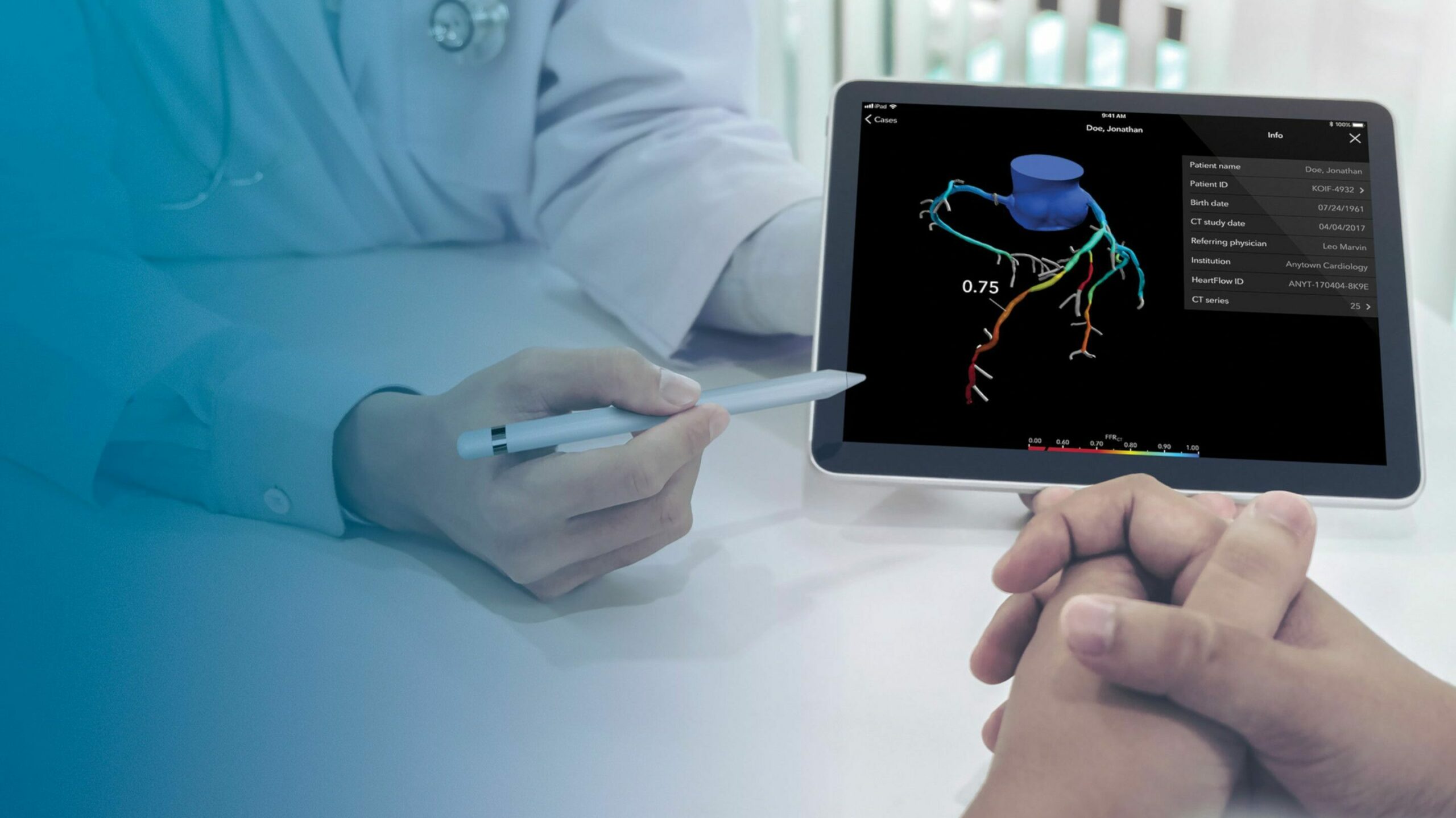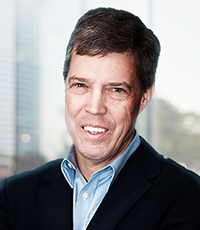
Take Control of Your Health with New Technologies
In the last few years, we’ve seen an explosion in consumer health devices, from watches that monitor your heart rate to apps that track everything from sleep to blood pressure to calories. Wearable devices put people’s health information directly in their own hands whenever they need it, and telemedicine helps patients and physicians get connected with the click of a button. These and other healthcare tools are empowering patients to take an active role in their health and are bridging the information gap between patients and physicians.
However, various misconceptions, anxieties and fears still keep patients from talking openly with their doctors, particularly when it comes to heart disease.
Major Medical Anxieties
HeartFlow’s recent consumer survey of 1,500 Americans found that despite 42 percent of Americans knowing that they have a family history of heart disease and another 77 percent admitting to worrying about their heart health, most (67 percent) have never sought diagnosis or treatment. Specific to cardiac care, the most common fear (30 percent) is misdiagnosis or a completely missed diagnosis. What’s more, 79 percent of respondents would prefer having a root canal or fender bender over undergoing unnecessary hospital tests. Fortunately, new technologies can encourage better communication between physicians and their patients, and many patients are now enabled to more actively manage their heart health. These new tools also encourage patients to live healthier lifestyles. By tracking activity and providing real-time insights, wearables and health apps encourage regular exercise and healthy eating, which can help cut down the risk of heart disease.
How Technology Can Help
Meanwhile, a better understanding of the advances in heart health technologies available could help to alleviate patient fears. For example, artificial intelligence (AI) and deep learning are driving innovation in non-invasive testing modalities and remote monitoring tools. AI can help physicians make informed diagnoses and treatment decisions, while remote monitoring and telemedicine allow physicians to review patient data and perform virtual consultations without requiring an office visit.
Some people are eager to adopt new technologies in their everyday lives, but does that mean that they’re willing to embrace new technology when it comes to their healthcare? HeartFlow’s survey suggests that consumers are becoming more comfortable with new technologies, with 78 percent of respondents indicating they trust artificial intelligence technology, for example, to assist doctors with their tasks. Additionally, 78 percent think a combination of technology and human analysis results in the most accurate diagnosis, over either alone.
We’re excited by a future of precision medicine in which healthcare combines the power of both physician expertise and advanced technology to provide optimal, tailored care for each patient, every time. Each technological advance and meaningful physician-patient interaction gets us one step closer; we hope we are doing our part.





